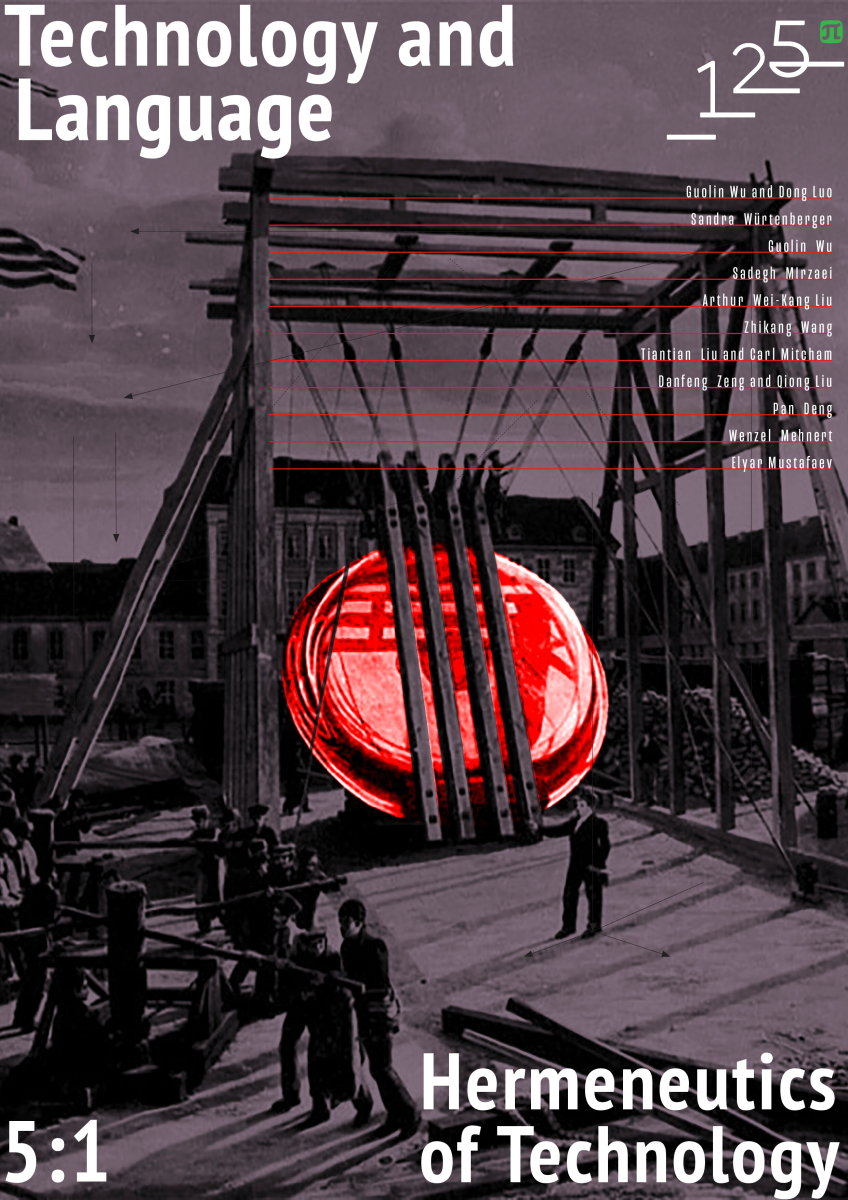Russia and Europe: The Culture of Breakages and the Culture of Repairs
The article uses the method of technotheological analysis to study the differences between the cultures of Russia and Western Europe. The analysis consists in identifying the techno-religious Gestalt, that is, the relationship between the religious background and the things against that background, which is considered as the basis of culture. In order to examine culture in this light, a compact conceptual language can express this unity. Breakages and repairs are such concepts. From a religious perspective, things can break in two ways. There are “this-worldly” breakages which are those that can potentially be repaired: Minor Breakages. And there are “other-worldly” breakages, that is, those that are unrepairable: Major Breakages. Major and Minor Breakages and Repairs form a quadrant of concepts which serve to highlight the specificity of Russian and Western European cultures. Russian culture can be correlated with the culture of breakdowns, the Western European culture is a culture of repairs: They are technotheologically inverse to each other and are in a relation of chiasm. On the one hand, there is a lack of fear of Major Breakage along with the expectation of Major Repairs, with attention to Minor Breakages and no care of Minor Repairs. On the other hand, there is fear of Major Breakages and inattention to Minor Breakages coupled with skill in Minor Repairs and disbelief in the possibility of Major Repairs. This contrast can be exemplified in the thinking of the Russian avant-garde.



